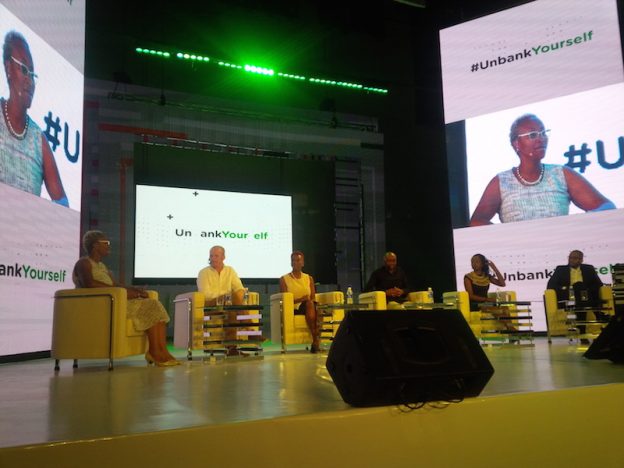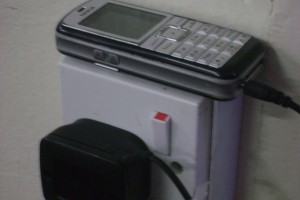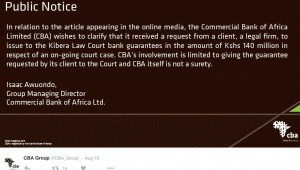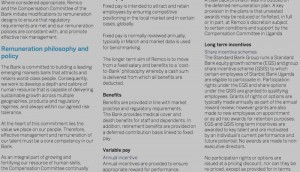The 54-year-old bank Commercial Bank of Africa (CBA) continued the journey it started in 2006 with mobile payments (when they helped design, test and support M-Pesa) and extended in 2012 with the launch of M-Shwari, with another new chapter today, with the theme – “unbankyourself”
The launch of Loop extends the transformation of CBA to a digital bank. removed paper. Loop creates a virtual cycle, a digital financial service that combines payments, savings, insurance, and credit – into one solution. The account can be opened on a phone app or website, with no paper forms to be filled. Features of the accounts are the Loop app, Loop store, and Loop card – and combined, these enable access to Loop products.
Account owners get access to loans and overdrafts, as well as savings, budget and networking tools to help them grow their net worth and meet their financial goals. The Loop app also helps them control and analyze their spending in support of their financial goals.
The primary target is 20 – 34-year-old entrepreneurs, followed by 35+-year-old established bank customers. One can open a Loop account right on the app or website, and there are six Loop centers (Sarit, in Nairobi CBD, Yaya, Buru Buru, Rongai, and Garden City).
In reading the terms and conditions (T&Cs):
- Loop is an electronic-only account, and customers won’t get served at CBA branches. This is similar to M-Shwari.
- Agreeing to the T&Cs also grants the bank the right to access a user’s mobile money information from telcos.
- To get finance, loan insurance from CBA (for death & disability) is mandatory.
- A debit card (not a credit card) is provided, which can be loaded, and can be used to deposit and withdraw cash at an ATM.
- Account holders can also sign up for CBA investment products that range from between 3 to 12 months.
- Any disputes that can’t be settled with bank staff, can only go to mutual arbitration (not a court).
The launch had a nice panel discussion that highlighted the disconnect between bankers and entrepreneurs.




